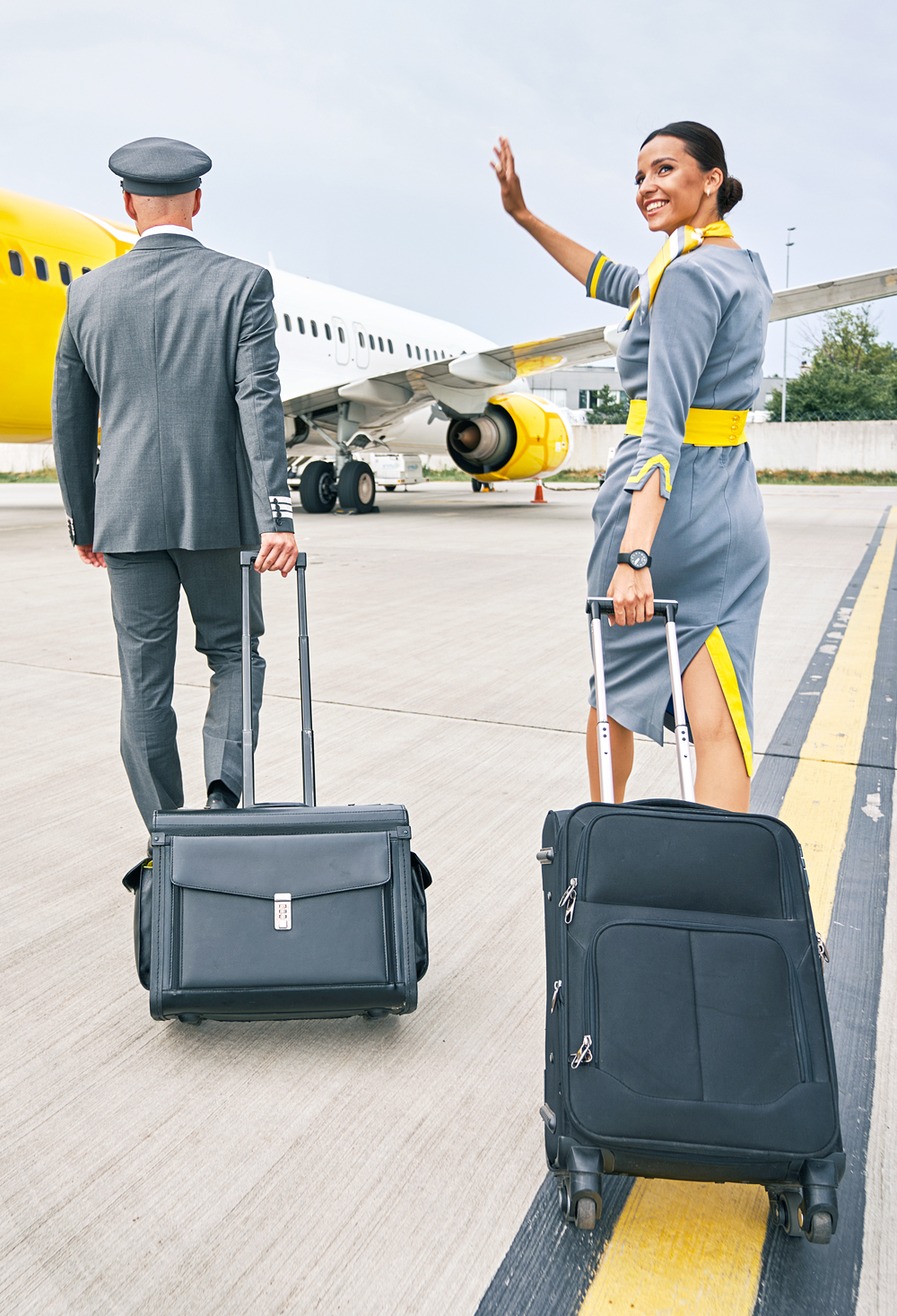Ever eavesdropped on airline pilots chatting away? You may have heard them say the word “Zulu,” refer to someone named “George,” or even use an expression like “flying dirty.” Though these terms may sound unfamiliar to the untrained ear, they’re all part of a coded language that pilots use to communicate in a discreet yet effective manner, much like flight attendants do. Here are some popular terms that make up the “secret” language of airline pilots.
Deadhead
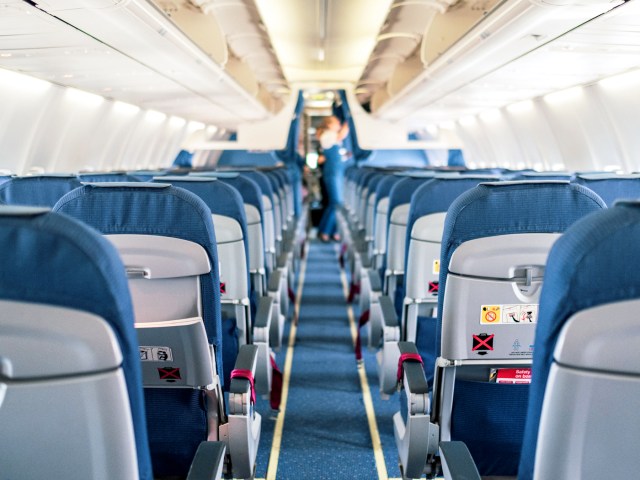
The term “deadhead” doesn’t necessarily mean that the pilot is a Grateful Dead fan. Instead, it refers to the practice of “deadheading,” where off-duty crew members use empty seats on a commercial aircraft. If a pilot says there are deadheads aboard, that means there are employees on the flight who are treated like passengers, but are getting paid to reposition to or from another airport for active duty. In some instances, these employees can bump paid passengers from their seats, though those circumstances are rare.
Zulu Time
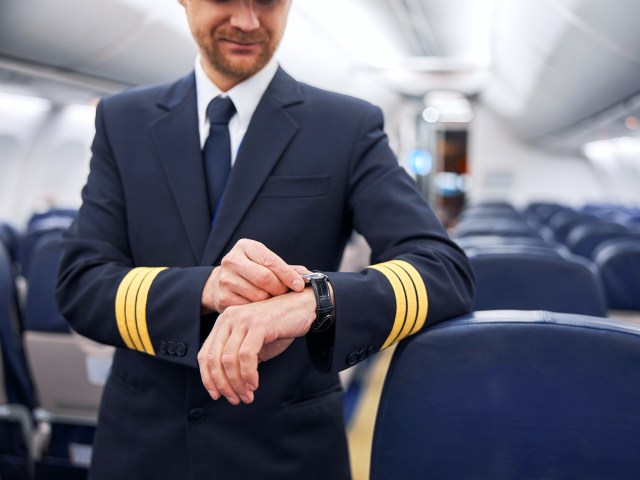
“Zulu” is a term that pilots use for Greenwich Mean Time, the universal time zone measured by the Royal Observatory in London. Aircraft around the world use Zulu time to coordinate with other pilots and air traffic controllers, as things would get too confusing if every plane communicated using whatever time zone they were currently flying through. That said, pilots generally use the destination’s time zone when speaking over the PA to passengers.
Air Pocket
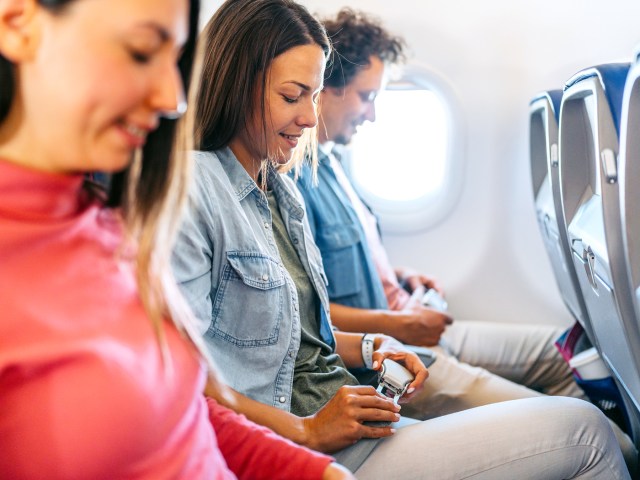
“Air pocket” refers to a change in wind current or air pressure that often creates a bumpy and somewhat tumultuous journey. In other words, it’s turbulence. Some pilots may use the term “air pocket” because it sounds less ominous than “turbulence,” and is thus less likely to induce panic among passengers.
George
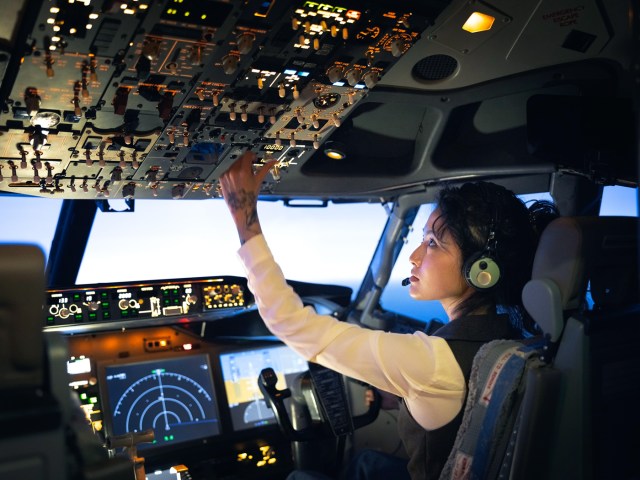
When pilots refer to someone named “George,” they aren’t actually talking about a human. Instead, they’re using a lighthearted nickname for the aircraft’s autopilot system. Pilots often turn on “George” when they’re at cruising altitude in the middle of a long-haul flight.
Boredom Tube

Those long-haul flights can be boring for passengers, and the crew isn’t immune to that feeling, either. In fact, some pilots humorously refer to the airplane cabin as the “boredom tube,” especially on those long-haul journeys where they’re cooped up in the cockpit for hours on end. But just because pilots use the term doesn’t mean they’re taking their job any less seriously — they’re just expressing one of the more mundane aspects of air travel in a lighthearted way.
Flying Dirty
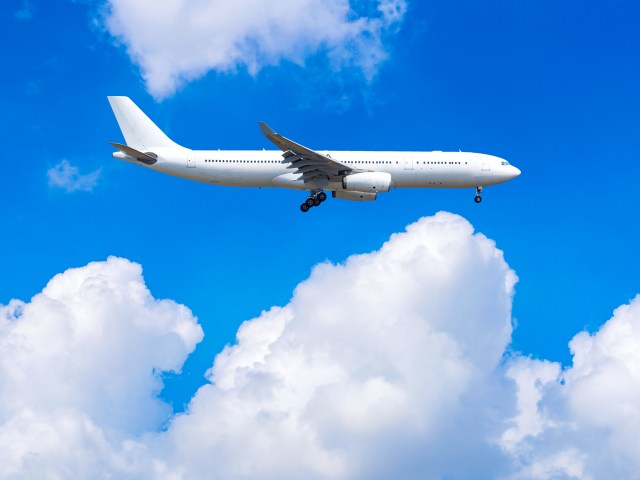
While in the air, airplanes “fly clean” in order to optimize their aerodynamic performance. This means pulling up the landing gear and flaps after takeoff. “Flying dirty” is a phrase that comes into play just before landing, referring to when pilots lower the landing gear and flaps. This process helps slow down the aircraft as it descends toward the runway.
Tree, Fife, and Niner
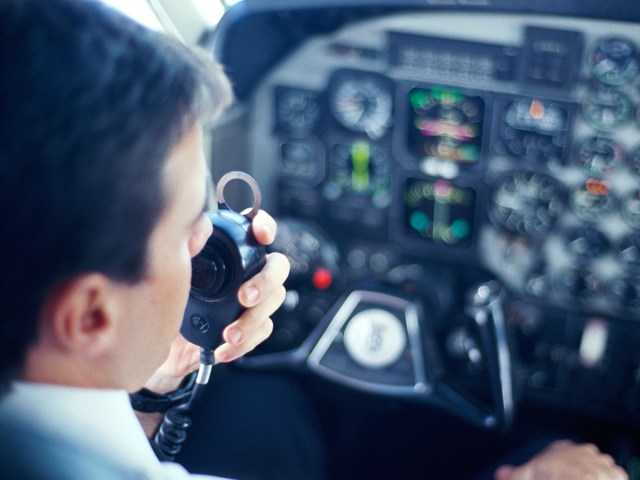
Conveying numbers over the radio can get confusing, whether you’re talking about the runway or the tail number of a plane. In order to cut back on this confusion, pilots use alternative words for numbers that may sound alike. For instance, pilots say “fife” instead of “five” and “niner” in place of “nine.” “Three” is also commonly swapped out for “tree,” as the lack of an “h” sound makes it easier to pronounce for non-English speakers.
Chop
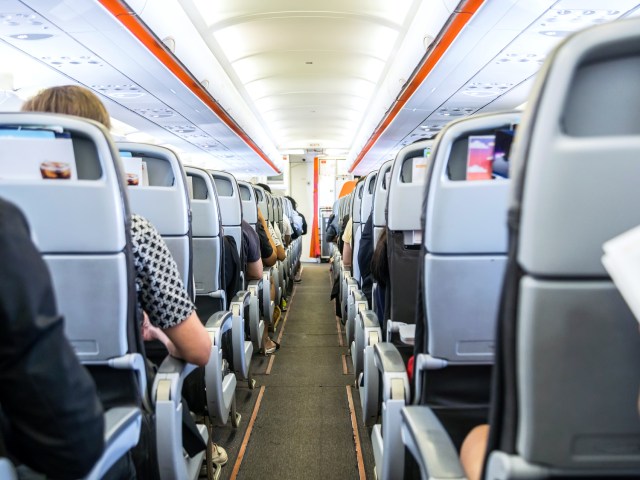
“Chop” is a word used to convey low levels of turbulence, much like choppy waves in the water. Those smaller waves are far more navigable than large waves that crash into the side of the boat. The same goes in the air, where a “choppy” atmosphere is a lot less disruptive for passengers to fly through than intense turbulence.
Souls
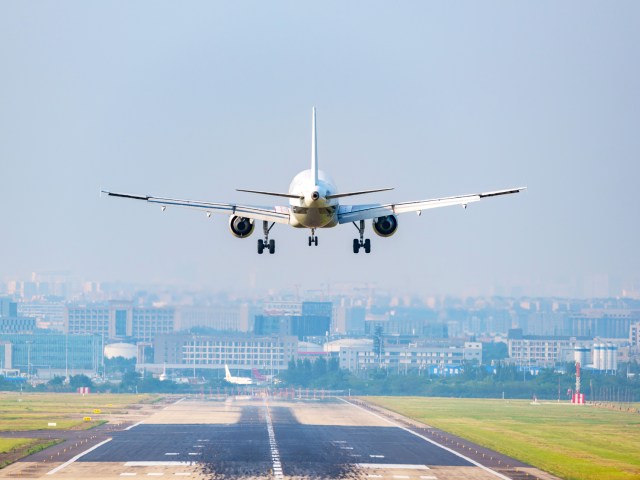
Pilots use “souls” to refer to every living body aboard the aircraft. This includes passengers, crew members, and in some instances, registered pets located throughout the cabin and cargo hold. This term is primarily used during emergency situations, as the pilot alerts rescue crews about the total number of souls to search for in the event that things go awry.
Pan-Pan
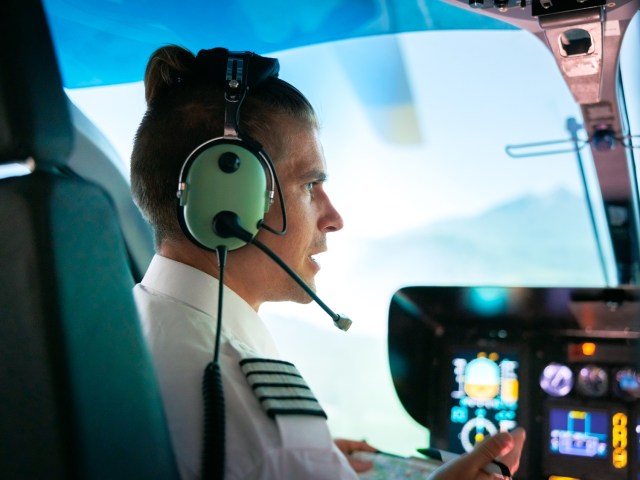
“Pan-pan” is another rare term related to emergency situations. Essentially, it’s a synonym for telling everyone in earshot to “shut up and listen.” This term is mainly reserved for communication between pilots and air traffic controllers to convey a potential emergency. For instance, pilots may use the term if there is an issue with the engines and they’re requesting an emergency landing.
Keep the Blue Side Up
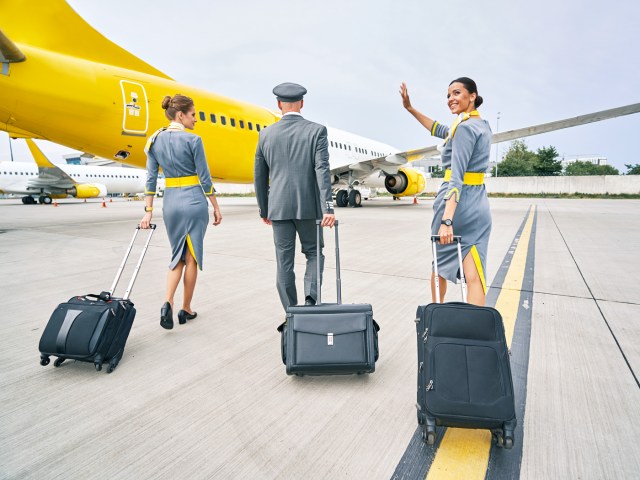
You’ve heard the term “break a leg” for theatrical performances. Similarly, “keep the blue side up” is how most pilots wish each other well and convey a message of good luck. The term stems from instructions given to pilots who become disoriented and struggle to tell which way is up. By keeping the blue side up, you’re keeping the plane properly oriented with the sky still above you.
More from our network
Daily Passport is part of Inbox Studio, an email-first media company. *Indicates a third-party property.






